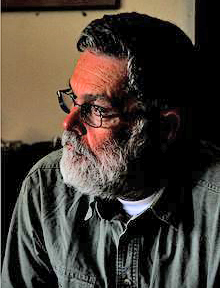A while back one of our Adams alums, Rick Porteus ’78, who also happens to be the Vice President of the Fly Club Board of Directors, had written to me kindly noting that perhaps it was time to pay a little more attention to the club FDR actually joined, rather than the club he didn’t. Fair enough. And to back up that sentiment, Rick invited a number of us to dinner the night before historian Geoffrey Ward’s lecture. It was a grand affair, made all the more pleasant by the company of Geoff, who sat fireside where FDR surely had, regaling us with fascinating bit of Roosevelt legend and lore. The Club also presented the Foundation with a lovely framed photo of FDR and his Fly Brothers from 1904. This visit got me thinking more and more about FDR and the Fly, and our quest to acquire a Fly Club medal, which coincided nicely with renewed interest at the Fly in its own history. FDR had played a prominent role there: he was club librarian, and eventually sent three sons to the Fly as well.
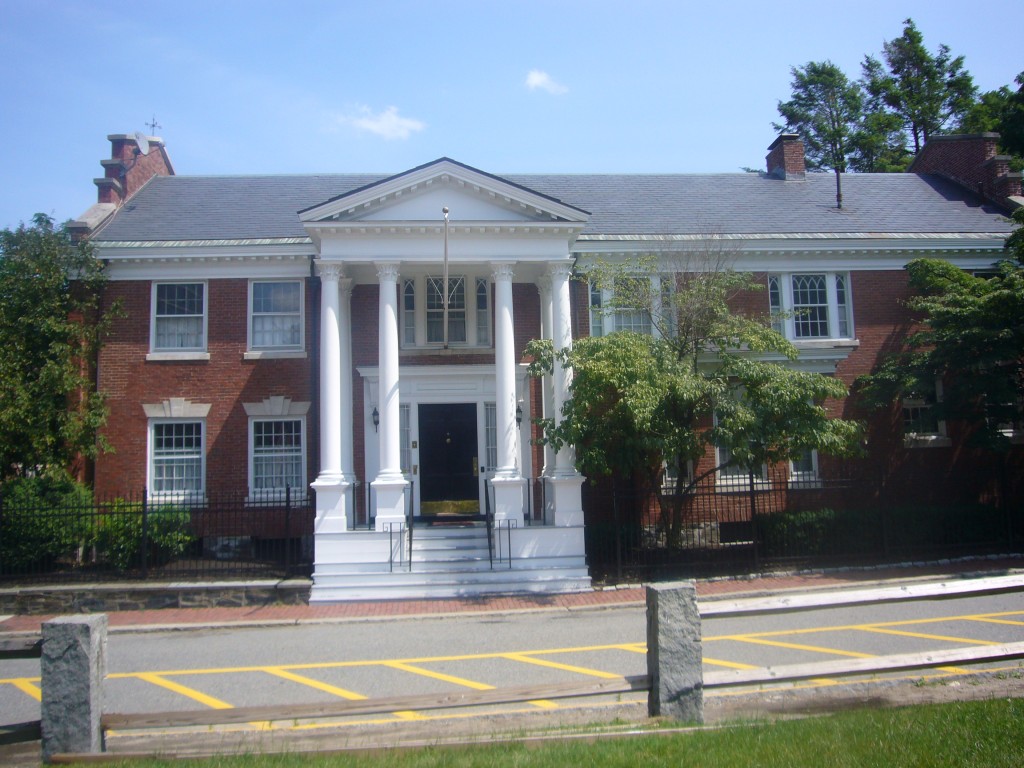
The Fly Club Exterior. The interior is remarkably preserved and looks much as it did in FDR’s time, especially the library.
Meanwhile, you may remember that recently—after a great search—we found a Porcellian Club medal for Lathrop. Now precisely why we ever thought that Lathrop was a member of the Porcellian is entirely murky. Lathrop’s descendants certainly thought so, having remembered reading it somewhere. I did, too—the part about one roommate getting into the Porcellian and the other getting his dreams crushed (FDR was still smarting 20 years later) has become a potent element of our narrative concerning these two men. How wonderful of them, I always thought, to have overcome what might have proved to be a large obstacle to their continuing friendship.
So, sparked by our visit, we renewed our efforts to find a Fly Club medal for poor old FDR. We’d been looking for a while, but this hunt was complicated. The Fly was originally part of the Alpha Delta Phi fraternity, which was founded at Hamilton College in 1832. Long story short: the Fly seceded not once, but twice from the national chapter, and was in the process of wrapping up this divorce just when FDR was active in the club. These days the Fly sports a leopard rampant on its crest, but previously it had been the star and crescent of the Alpha Delta Phi, which is what FDR would have possessed.
Then enter Elisha Lee ’80, who had come across my postings online, and who as a former collector of Harvard medals—exonumia for those in the know—pointed out to me several facts I had not been aware of, namely that the club medals were generally worn with their club color ribbons, not their class colors as we were showing in the Suite, and suggested several possible venues where I might locate a Fly Club medal. But which medal?
Thus one afternoon while I was stuck on the phone on what seemed an interminable hold, I dashed off a note to Bob Clark at the FDR Presidential Library asking him if perchance they had any Fly Club or Alpha Delta Phi medals in the Museum collection. It was a small chance, but I was banking on two well known facts: FDR almost never threw anything away; and that FDR had maintained an active relationship with the Fly for the rest of his life, even returning to Cambridge as president for Fly events. And sure enough, the Museum did indeed have an Alpha Delta Phi “medal,” inscribed with FDR’s name and class year, sill perfectly preserved in its leather box. Within seconds I was on eBay, looking; and miraculously, there was a vendor with a 1904 “medal” for sale.

The Fly Club Pin, Much Enlarged!
Hurrah! But wait: after triumphantly announcing my news, Elisha wrote back to me pointing out that this was the Fly pin, not the medal—a fact that became totally obvious when this tiny, tiny, tiny little box arrived in the mail to reveal a pin the size of my small fingernail. In all fairness, the picture at left was the one I viewed online, never reading the measurements. Caveat emptor! So foiled again! Well, partially: the pin is quite nice, enamel and gold, but oh, ever so small and expensive at $230! (Broad hint for a donor.) But FDR did have one, so it’s absolutely correct.
Ah, but the story gets even better! Elisha also produced the 1907 Fly Club member rolls, and who’s name should appear but Lathrop Brown’s? Uh-oh… A quick search of the FDR bios on hand reveal no mention of our remembered Porcellian association. Uh-ho, Uh-ho. Then a check of the Porcellian records reveals no Lathrop. Big uh-oh. Finally, Rick Porteus chimes in to say they have just received back from the book binder the club minutes from that precise period, and sure enough, Lathrop was not only a member, but also secretary and briefly president! His brother Archie (elder by a year) was also a member, as would be his younger brother Charles in a few years. In fact, Lathrop was a member before FDR, and he and Archie would have voted on FDR’s election.
Fly 2; Porcellian 0.
All this to say that we have been barking up the wrong tree. Howling might be more apt, and it goes to show what happens in history when facts aren’t thoroughly checked: if you repeat a lie often enough, Goebbels once said, it becomes the truth, or in this case, the accepted truth, however erroneous.
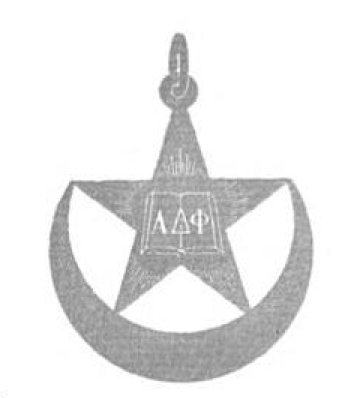 There is still one missing piece to this whole Porcellian-Fly Club biz, which Rick Porteus has promised to check on. Originally, there were only two “final” clubs, the A.D and the Porc, so called because they were the terminal points of the club system. You could only join one. All the others were “waiting” clubs, the Edwardian equivalent of circling the airport, waiting to land. One by one, however, these waiting clubs voted themselves final during this period. Precisely when this occurred at the Fly is still being researched. The only reason this matters is that it rewrites the narrative in a rather potent way: instead of some variant of the oft-used phrase “FDR was forced to settle for the less prestigious Fly,” which occurs in almost every FDR bio, the tale should possibly read “FDR chose the Fly with his Groton chum and roommate Lathrop Brown, but was foiled in his attempt to advance to the Porcellian.” Or, “FDR failed to get into the Porcellian and at the urging of his roommate Lathrop Brown, decided to join the Fly.”
There is still one missing piece to this whole Porcellian-Fly Club biz, which Rick Porteus has promised to check on. Originally, there were only two “final” clubs, the A.D and the Porc, so called because they were the terminal points of the club system. You could only join one. All the others were “waiting” clubs, the Edwardian equivalent of circling the airport, waiting to land. One by one, however, these waiting clubs voted themselves final during this period. Precisely when this occurred at the Fly is still being researched. The only reason this matters is that it rewrites the narrative in a rather potent way: instead of some variant of the oft-used phrase “FDR was forced to settle for the less prestigious Fly,” which occurs in almost every FDR bio, the tale should possibly read “FDR chose the Fly with his Groton chum and roommate Lathrop Brown, but was foiled in his attempt to advance to the Porcellian.” Or, “FDR failed to get into the Porcellian and at the urging of his roommate Lathrop Brown, decided to join the Fly.”
We’ll see how this falls out. Either way it’s not quite the listless casting about portrayed in the history books; it makes great sense that these two life-long friends would have gone to the same club.
These revelations, however, put us in a real bind, because now we need not one but TWO very rare silver medals that look like the one above. If seen, please contact immediately! In the meantime, nostra culpa.
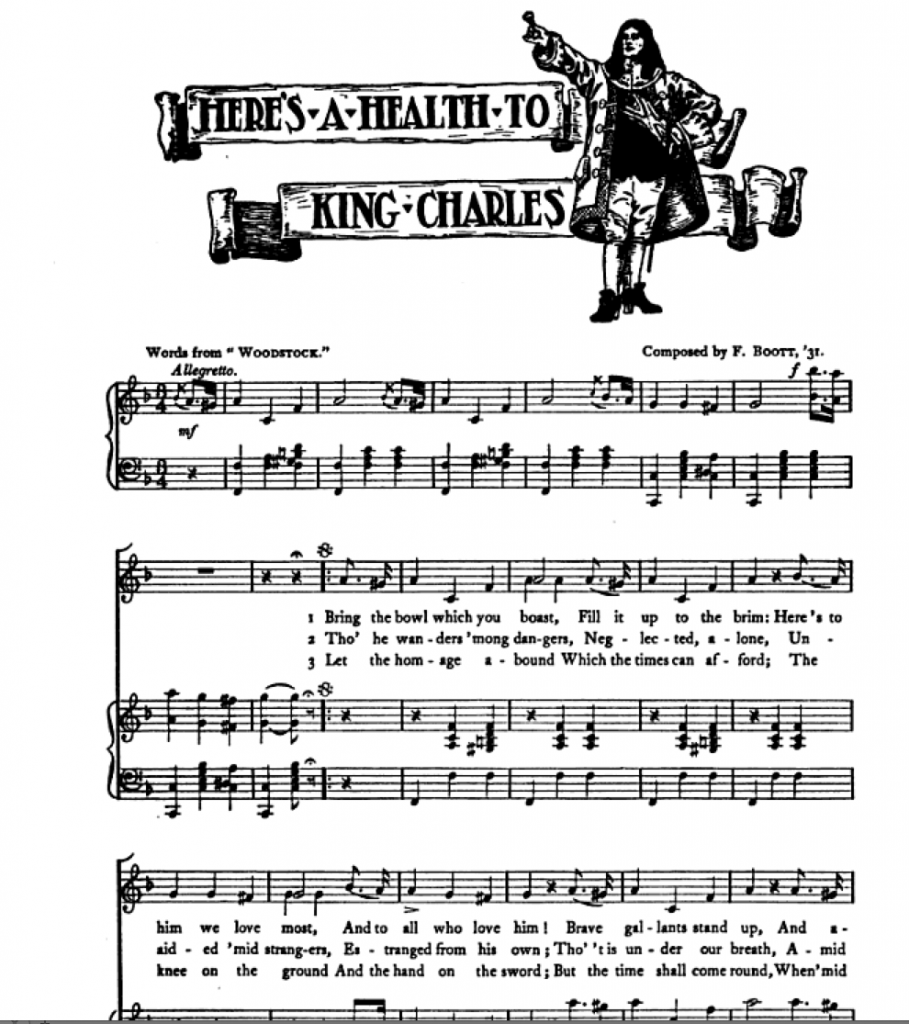 Throughout the course of the the Restoration, I’ve been continually surprised and delighted to find little gateways back in time. Here’s another one. Last year, my dear friend Abbot Peterson ’58 died. Recently, his widow – another dear friend – Barbara, was cleaning out some files and came across an old 78. Labelled “Alvin V Laird sings to the class of 1904”, it had been mailed in 1950 to Abbot’s father, Abbot Peterson II, a member of FDR’s class. (As was Mr. Laird.)
Throughout the course of the the Restoration, I’ve been continually surprised and delighted to find little gateways back in time. Here’s another one. Last year, my dear friend Abbot Peterson ’58 died. Recently, his widow – another dear friend – Barbara, was cleaning out some files and came across an old 78. Labelled “Alvin V Laird sings to the class of 1904”, it had been mailed in 1950 to Abbot’s father, Abbot Peterson II, a member of FDR’s class. (As was Mr. Laird.)
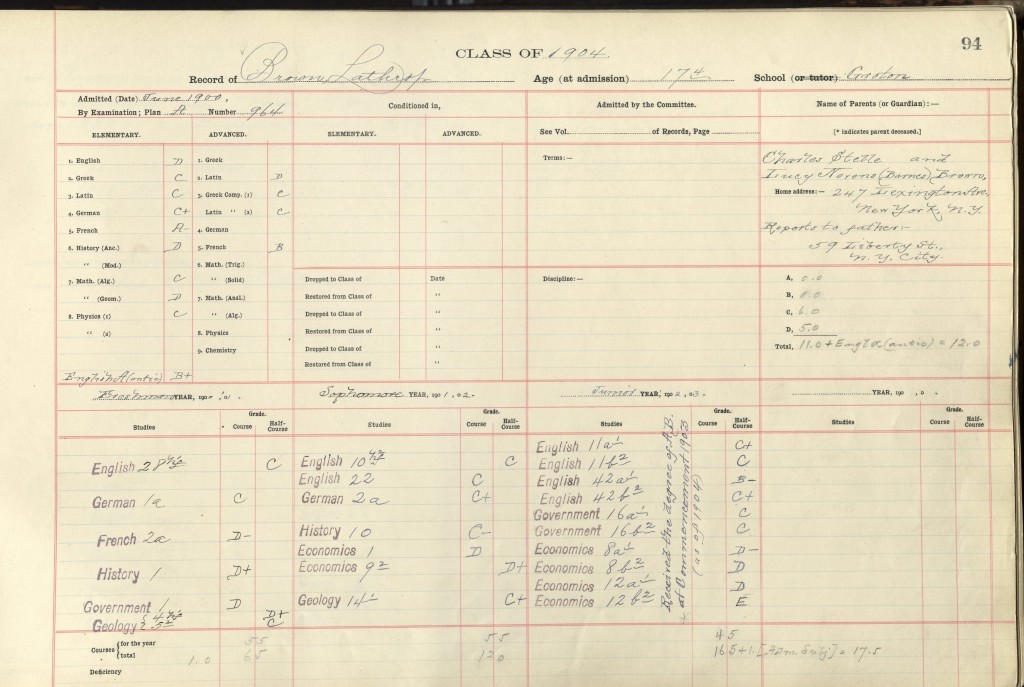
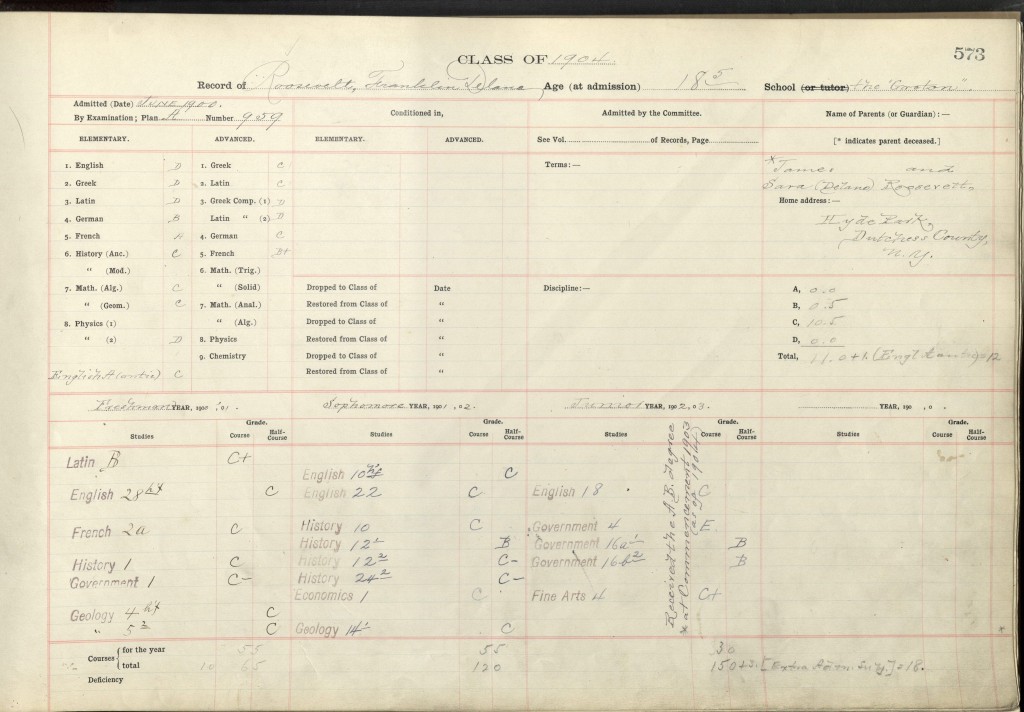


 There is still one missing piece to this whole Porcellian-Fly Club biz, which Rick Porteus has promised to check on. Originally, there were only two “final” clubs, the A.D and the Porc, so called because they were the terminal points of the club system. You could only join one. All the others were “waiting” clubs, the Edwardian equivalent of circling the airport, waiting to land. One by one, however, these waiting clubs voted themselves final during this period. Precisely when this occurred at the Fly is still being researched. The only reason this matters is that it rewrites the narrative in a rather potent way: instead of some variant of the oft-used phrase “FDR was forced to settle for the less prestigious Fly,” which occurs in almost every FDR bio, the tale should possibly read “FDR chose the Fly with his Groton chum and roommate Lathrop Brown, but was foiled in his attempt to advance to the Porcellian.” Or, “FDR failed to get into the Porcellian and at the urging of his roommate Lathrop Brown, decided to join the Fly.”
There is still one missing piece to this whole Porcellian-Fly Club biz, which Rick Porteus has promised to check on. Originally, there were only two “final” clubs, the A.D and the Porc, so called because they were the terminal points of the club system. You could only join one. All the others were “waiting” clubs, the Edwardian equivalent of circling the airport, waiting to land. One by one, however, these waiting clubs voted themselves final during this period. Precisely when this occurred at the Fly is still being researched. The only reason this matters is that it rewrites the narrative in a rather potent way: instead of some variant of the oft-used phrase “FDR was forced to settle for the less prestigious Fly,” which occurs in almost every FDR bio, the tale should possibly read “FDR chose the Fly with his Groton chum and roommate Lathrop Brown, but was foiled in his attempt to advance to the Porcellian.” Or, “FDR failed to get into the Porcellian and at the urging of his roommate Lathrop Brown, decided to join the Fly.”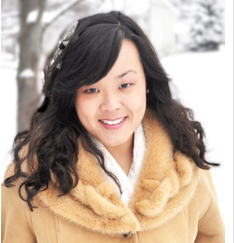
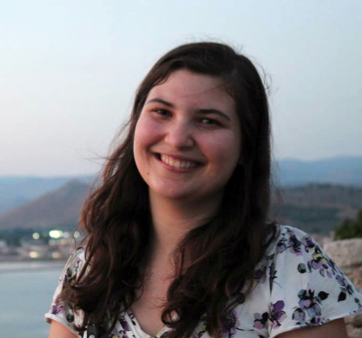

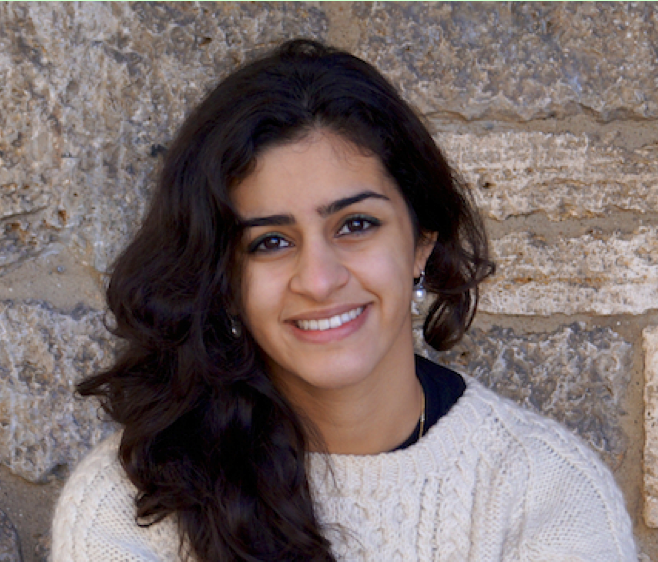 Zeenia Framooze ’16, of Adams House, will spend the summer in Bombay, India, where she plans to volunteer with the Acorn Foundation’s Dharavi Project. Inspired by Katherine Boo’s Behind the Beautiful Forevers, Zeenia will be working towards the organization’s goal of empowering the waste collectors of the Dharavi slum. Using her passion for teaching, public speaking and photography, she hopes to highlight the complex issues involved in waste disposal in a culminating photo project titled “Recycling Lives.” Zeenia plans a career in broadcast journalism.
Zeenia Framooze ’16, of Adams House, will spend the summer in Bombay, India, where she plans to volunteer with the Acorn Foundation’s Dharavi Project. Inspired by Katherine Boo’s Behind the Beautiful Forevers, Zeenia will be working towards the organization’s goal of empowering the waste collectors of the Dharavi slum. Using her passion for teaching, public speaking and photography, she hopes to highlight the complex issues involved in waste disposal in a culminating photo project titled “Recycling Lives.” Zeenia plans a career in broadcast journalism.